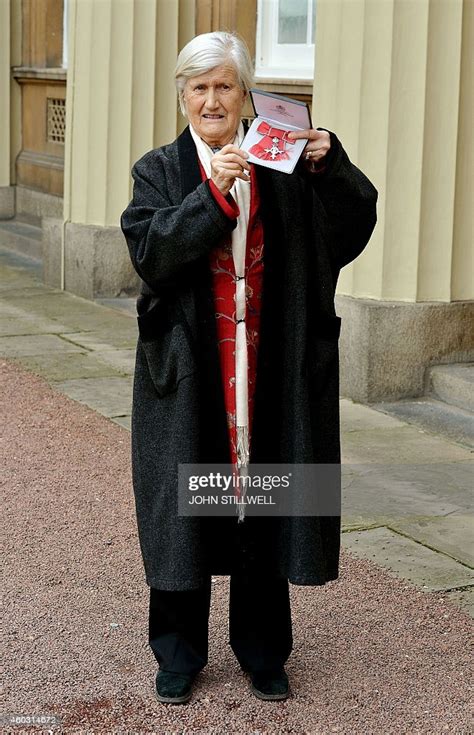A Quote by Kazimir Malevich
When, in 1913, in a desperate attempt to rid art of the ballast of objectivity, I took refuge in the form of the square... the critics... sighed, "All that we loved has been lost. We are in a desert"... But the desert is filled with the spirit of non-objective feeling.
Related Quotes
When, in the year 1913, in my desperate attempt to free art from the ballast of objectivity, I took refuge in the square form and exhibited a picture which consisted of nothing more than a black square on a white field, the critics and, along with them, the public sighed: 'Everything which we loved is lost. We are in a desert .... Before us is nothing but a black square on a white background!'
To me, desert has the quality of darkness; none of the shapes you see in it are real or permanent. Like night, the desert is boundless, comfortless, and infinite. Like night, it intrigues the mind and leads it to futility. When you have flown halfway across a desert, you experience the desperation of a sleepless man waiting for dawn which only comes when the importance of its coming is lost.
First, the desert is the country of madness. Second, it is the refuge of the devil, thrown out into the "wilderness of upper Egypt" to "wander in dry places." Thirst drives man mad, and the devil himself is mad with a kind of thirst for his own lost excellence--lost because he has immured himself in it and closed out everything else. So the man who wanders into the desert to be himself must take care that he does not go mad and become the servant of the one who dwells there in a sterile paradise of emptiness and rage.
In the desert you become a discoverer. You discover your soul, which had been submerged in vain pursuits, which had been lost in the coils and toils of modern life. You discover your kinship with nature and man, which is evoked by the naturalness and the gentle humanity of the natives of the desert, and you will also discover God.
In northern architecture - the cathedrals of Europe and all the little churches - the details, the carving of stone, become necessary because the light is not there to help you very much. You have to enrich surfaces. The desert reduces form to its simplest nature. There is no need for gargoyles or flying buttresses in the desert.
Many journalists become very defensive when you suggest to them that they are anything but impartial and objective. The problem with those words "impartiality" and "objectivity" is that they have lost their dictionary meaning. They've been taken over. "Impartiality" and "objectivity" now mean the establishment point of view.
The first western gardens were those in the Mediterranean basin. There in the desert areas stretching from North Africa to the valleys of the Euphrates, the so-called cradle of civilization, where plants were first grown for crops by settled communities, garden enclosures were also constructed. Gardens emphasized the contrast between two separate worlds: the outer one where nature remained awe-inspiringly in control and an inner artificially created sanctuary, a refuge for man and plants from the burning desert, where shade trees and cool canals refreshed the spirit and ensured growth.







































